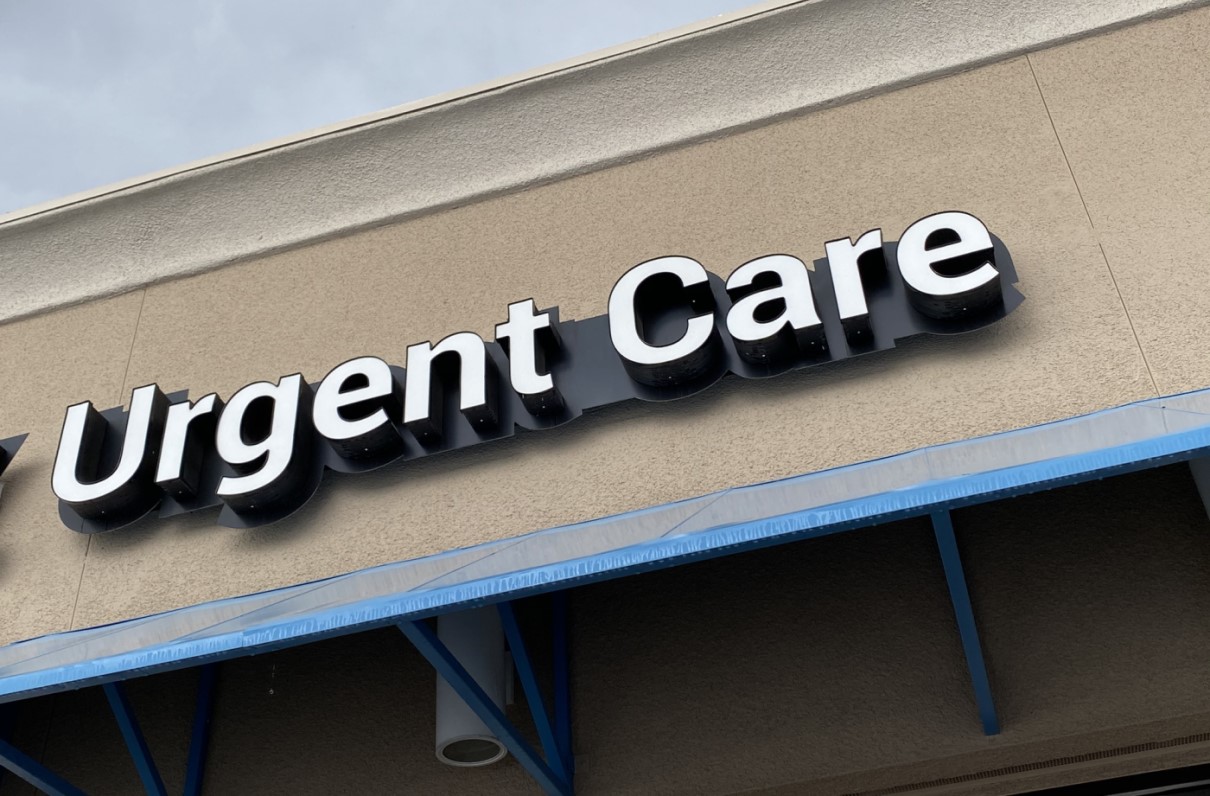Editor’s Note: This article is part of MOAA’s 2021-22 TRICARE Guide, brought to you by MOAA Insurance Plans, administered by Association Member Benefits Advisors (AMBA). A version of the guide appeared in the November 2021 issue of Military Officer magazine.
Eliminating the requirement for a referral from TRICARE Prime to get urgent care was a major victory for military family access to care, but recent developments raise a concern that access to urgent care may be under threat.
The increasing use of urgent care in the private sector is cited in the FY 2022 DoD budget request as a factor in rising TRICARE costs. MOAA is concerned this budget narrative may indicate a potential threat to referral-free urgent care for TRICARE Prime beneficiaries.
This may be an early warning sign of targeting referral-free urgent care in future cost savings efforts; such a move would be a significant step backward for access to timely, appropriate care. For many years, beneficiaries of TRICARE Prime were required to obtain a referral prior to visiting a civilian urgent care facility, a problem when medical professionals who make the referrals were inaccessible: evenings, weekends, holidays, or during family travel or PCS moves.
[RELATED: Why Fixing Gaps in Your TRICARE Coverage Remains a Top MOAA Priority]
For many military families in a variety of circumstances, emergency department (ED) care became their only option — even for non-emergency medical issues such as an ear infection or strep throat. This was frustrating and inconvenient, and it meant families sometimes had to seek care in the ED when a venue with lower cost to DoD would have been more appropriate. It also meant that some families delayed necessary care or paid out of pocket to be seen at a civilian urgent care facility.
The referral requirement led to suppressed demand for acute care that was not visible to the Military Health System. Now, readily available urgent care has led to increased demand for acute care that used to be deferred or delayed.
Guidelines for TRICARE Urgent Care Visits
Make sure you are getting the best possible care and help the military community keep TRICARE Prime referral-free urgent care by using it as intended — when an acute appointment is not available with your primary care manager within 24 hours (the TRICARE access to care standard for urgent/acute care).
- Your PCM is always your best option for acute care that is not an emergency. Start by contacting your MTF for a same or next day appointment. “Seeing your PCM or PCM team for your urgent care needs is in any patient’s best interest,” said family physician Col. (Dr.) Thomas Cheatham, USAF. “Medically, it makes sense to be seen where your provider has access to your medical history, labs, X-rays, and can address your acute issues while also taking into consideration your underlying health conditions and preventative care needs.”
- Not sure what level of care is most appropriate? The Military Health System Nurse Advice Line (NAL), at 1-800-TRICARE, is a valuable service intended to assess your condition and direct you to the most appropriate care. The global NAL is staffed by registered nurses to assist patients and will help with making an appointment in an MTF with the patient’s PCM or team, or if needed, direct patients to care within the network.
COVID-19 has led to disruptions across both military and civilian health care systems, and many are facing longer than normal wait times. If you have trouble making appointments, see the patient advocate at your MTF. It is important to report barriers to accessing care so MTF and DHA leadership have visibility to these problems.
MEDIPLUS® TRICARE Supplement
Works hand-in-hand with your Select or Prime Plan. Count on valuable protection.

